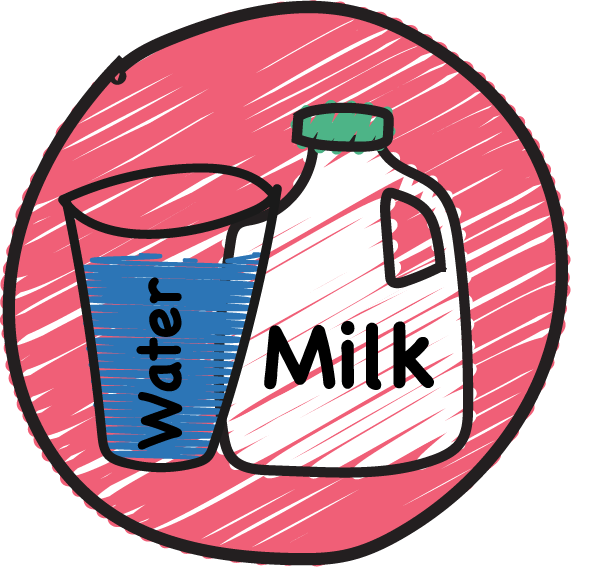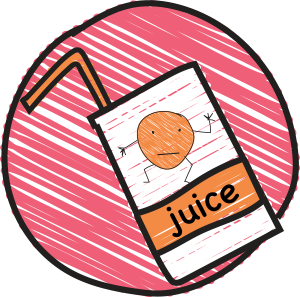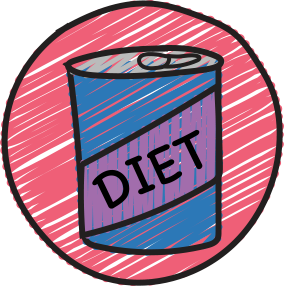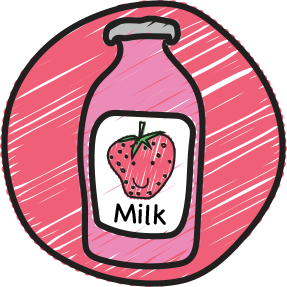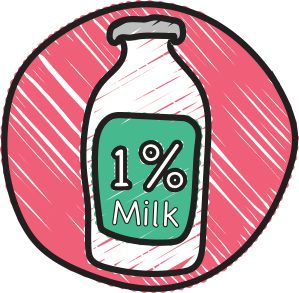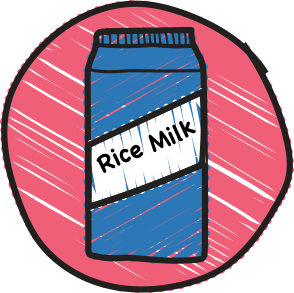The best drinks you can give your
What can I do to help my child drink
Milk & Water
Water keeps them hydrated and stops them from being thirsty. It’s free too. Milk is full of vitamins, minerals, and calcium, which helps them build strong bones and teeth.
Most other drinks contain sugar or sweeteners. Avoiding them is better for your child’s teeth and for their weight.
Drinks with added sugar
These include drinks like still fruit drinks, squash and fizzy pop.
They contain a lot of sugar and calories, which can cause weight gain and tooth decay.
Fruit juices
These include drinks like fresh orange and apple juice and smoothies.
When fruit is juiced or blended, the sugar contained in the fruit is released, which can damage your child’s teeth.
If you do sometimes give them fruit juice, do it at meal times and dilute it – one part juice to 10 parts water and no more than 150mls over the whole day.
Diet and no added sugar drinks
These include drinks like squash and low calorie fizzy drinks.
They contain other sweetness and they’re acidic, so they can still damage your child’s teeth.
Drinks with caffeine
These include cola, energy drinks, tea and coffee.
They can raise your child’s heart rate and blood pressure to unsafe levels. They can give them an upset tummy and headaches, and make it difficult for them to concentrate or sleep.
Flavoured or sweetened milk
These include tinned or powdered milk, and milkshakes.
They contain a lot of sugar and calories. These can cause weight gain and tooth decay.
Skimmed or 1% fat milk
These aren’t suitable for children under five, because they don’t contain enough calories or nutrients.
Two – five year olds can drink semi-skimmed milk if they are eating well.
Rice milk
Children under five shouldn’t have rice drinks. They can contain unsafe levels of arsenic.
 Menu
Menu


